 Reading Fifty Miles brought me to tears a few times, but St Germain courage and determination inspired me and made me reflect as a mother. Fifty Miles is a book that won’t disappoint readers.
Reading Fifty Miles brought me to tears a few times, but St Germain courage and determination inspired me and made me reflect as a mother. Fifty Miles is a book that won’t disappoint readers.
Category: Non fiction reviews
A review of The Nail in the Tree by Carol Ann Davis
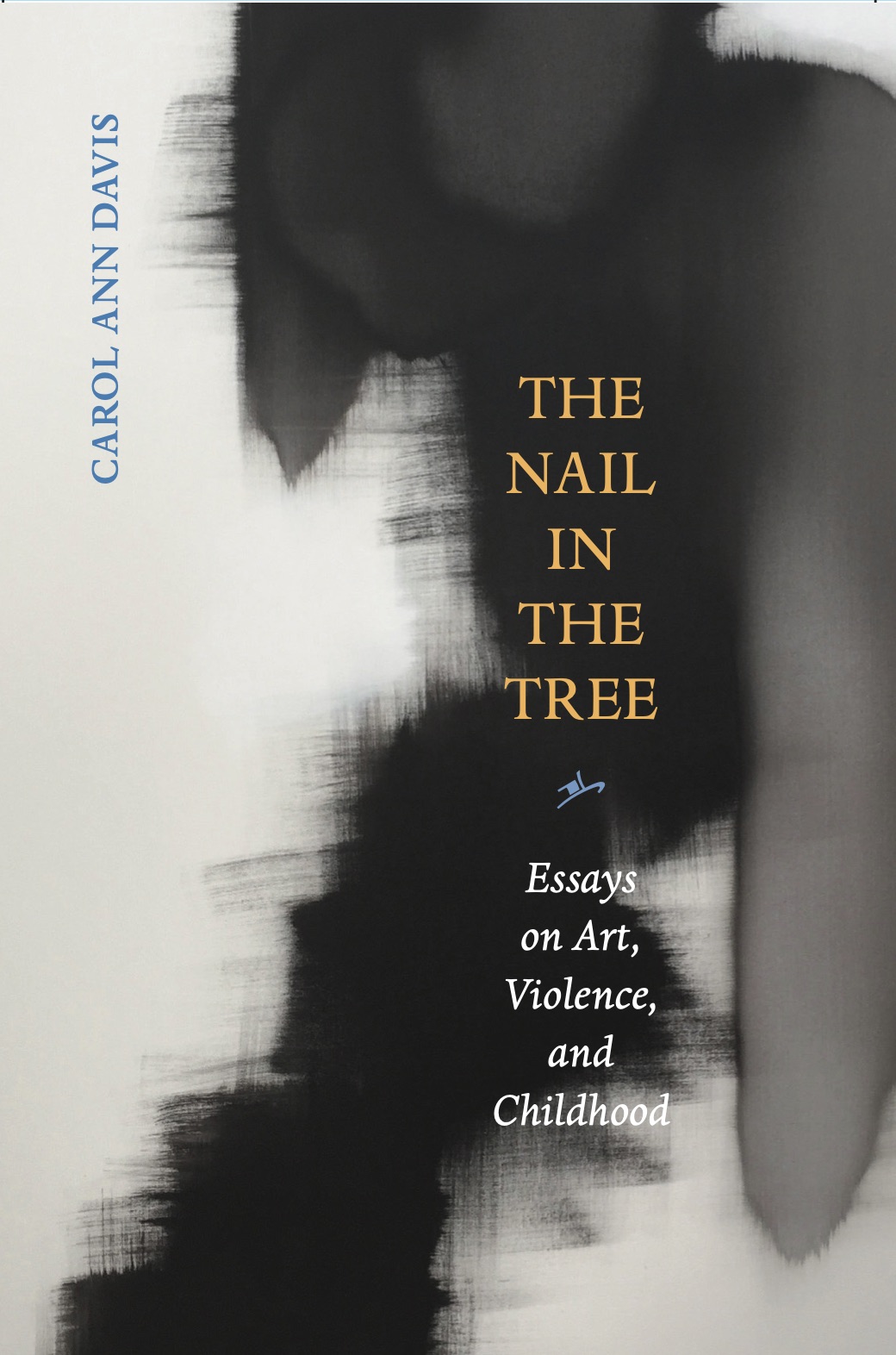 Davis expertly controls the narrative threads of their day-to-day reality while explaining what inspires her to write. Further into the book, these intimate details open up into a wider scope of the connection between life and art. She accomplishes this without appropriating the grief of the families with murdered children, instead Nail in the Tree tells how Davis’ life became what it is.
Davis expertly controls the narrative threads of their day-to-day reality while explaining what inspires her to write. Further into the book, these intimate details open up into a wider scope of the connection between life and art. She accomplishes this without appropriating the grief of the families with murdered children, instead Nail in the Tree tells how Davis’ life became what it is.
A review of Fathoms: The World in the Whale by Rebecca Giggs
 Having travelled the distance that Giggs takes us in Fathoms, it seems obvious that there is no choice: “Each of us now sharpens the focus dial on the future of the ocean, of the weather, of the whales and their kin.” Fathoms is a glorious, beautiful and deeply important book.
Having travelled the distance that Giggs takes us in Fathoms, it seems obvious that there is no choice: “Each of us now sharpens the focus dial on the future of the ocean, of the weather, of the whales and their kin.” Fathoms is a glorious, beautiful and deeply important book.
A review of Figuring by Maria Popova
 Emily Dickinson, in particular, comes across with such a delicacy and radiance that we begin to understand and sympathise with the odd recluse whose great love lasts a lifetime, and whose poetic work has not only been the beginnings of the modernist movement in poetry, but also an ongoing inspiration.
Emily Dickinson, in particular, comes across with such a delicacy and radiance that we begin to understand and sympathise with the odd recluse whose great love lasts a lifetime, and whose poetic work has not only been the beginnings of the modernist movement in poetry, but also an ongoing inspiration.
A review of Unlike the Heart by Nicola Redhouse
 Redhouse is an exceptional science writer, and her research is extensive, making connections, incorporating anecdotes both personal and as part of her research, so that the overall effect is engaging, open-minded, informative and powerful. The hybrid effect allows for multiple perspectives that remain open-ended rather than didactic.
Redhouse is an exceptional science writer, and her research is extensive, making connections, incorporating anecdotes both personal and as part of her research, so that the overall effect is engaging, open-minded, informative and powerful. The hybrid effect allows for multiple perspectives that remain open-ended rather than didactic.
A review of Scorched Earth by Tammy Pemper
 Pemper has an impressive command of language, a necessary skill for creating a sense of place in what could easily be a generic theatre of war. In a perfect analogy for the social upheaval, the wheels of Peter’s truck are seen brushing the edge of the abyss at a cliffs edge during the journey. The remnants of a destructive landslide hinder the way forward on the road they travel. Woven into the background details is this lingering sense of danger and disturbance. It feels precarious.
Pemper has an impressive command of language, a necessary skill for creating a sense of place in what could easily be a generic theatre of war. In a perfect analogy for the social upheaval, the wheels of Peter’s truck are seen brushing the edge of the abyss at a cliffs edge during the journey. The remnants of a destructive landslide hinder the way forward on the road they travel. Woven into the background details is this lingering sense of danger and disturbance. It feels precarious.
A review of Axiomatic by Maria Tumarkin
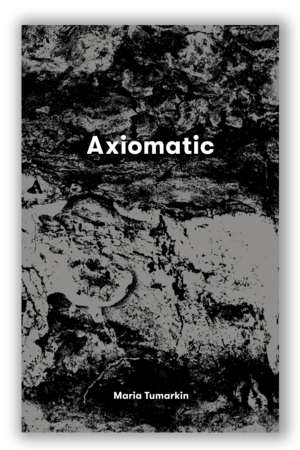 Axiomatic is a gorgeous, difficult and extraordinary book that demands deep engagement from the reader. Tumarkin’s humility, dark humour, scholarship, and above all, the empathy with which she connects her own experience to that of her subjects and ultimately to that of the reader creates a tapestry that is moving, powerful, and important. This is a book that seeps under the skin, changing perception. It’s vital reading.
Axiomatic is a gorgeous, difficult and extraordinary book that demands deep engagement from the reader. Tumarkin’s humility, dark humour, scholarship, and above all, the empathy with which she connects her own experience to that of her subjects and ultimately to that of the reader creates a tapestry that is moving, powerful, and important. This is a book that seeps under the skin, changing perception. It’s vital reading.
A review of Howard Zinn & Lois Mottonen Fistfight in the Equality State by Rodger McDaniel
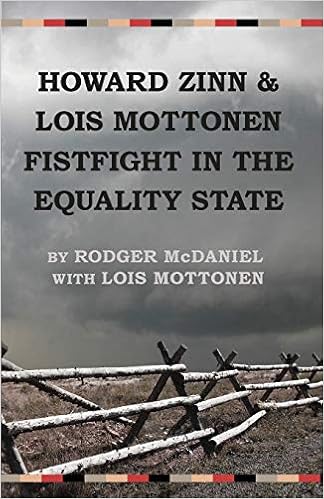 Having lived in Wyoming for the past four years, reading it was verification for what I see, experience, and find problems with, constantly. I have often thought that Wyoming’s undeserving motto is a farce in comparison with its laws, policies, priorities, and politicians. And here was a Wyoming woman who lived, captured, and published the cruel reality of being a minority in this state with so much detail, accuracy, and innocence.
Having lived in Wyoming for the past four years, reading it was verification for what I see, experience, and find problems with, constantly. I have often thought that Wyoming’s undeserving motto is a farce in comparison with its laws, policies, priorities, and politicians. And here was a Wyoming woman who lived, captured, and published the cruel reality of being a minority in this state with so much detail, accuracy, and innocence.
A review of Food or War by Julian Cribb
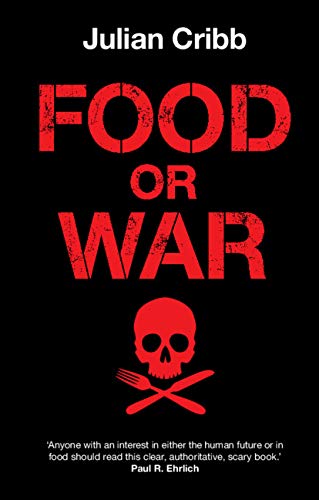 Though the topic of Food or War is inherently uncomfortable, the book is beautifully written, wide-reaching in its scope, intelligently presented with detailed and careful evidence. Cribb writes eloquently about complex, and in many cases poorly understood, topics.
Though the topic of Food or War is inherently uncomfortable, the book is beautifully written, wide-reaching in its scope, intelligently presented with detailed and careful evidence. Cribb writes eloquently about complex, and in many cases poorly understood, topics.
A review of Who’s Minding the Farm by Patrice Newell
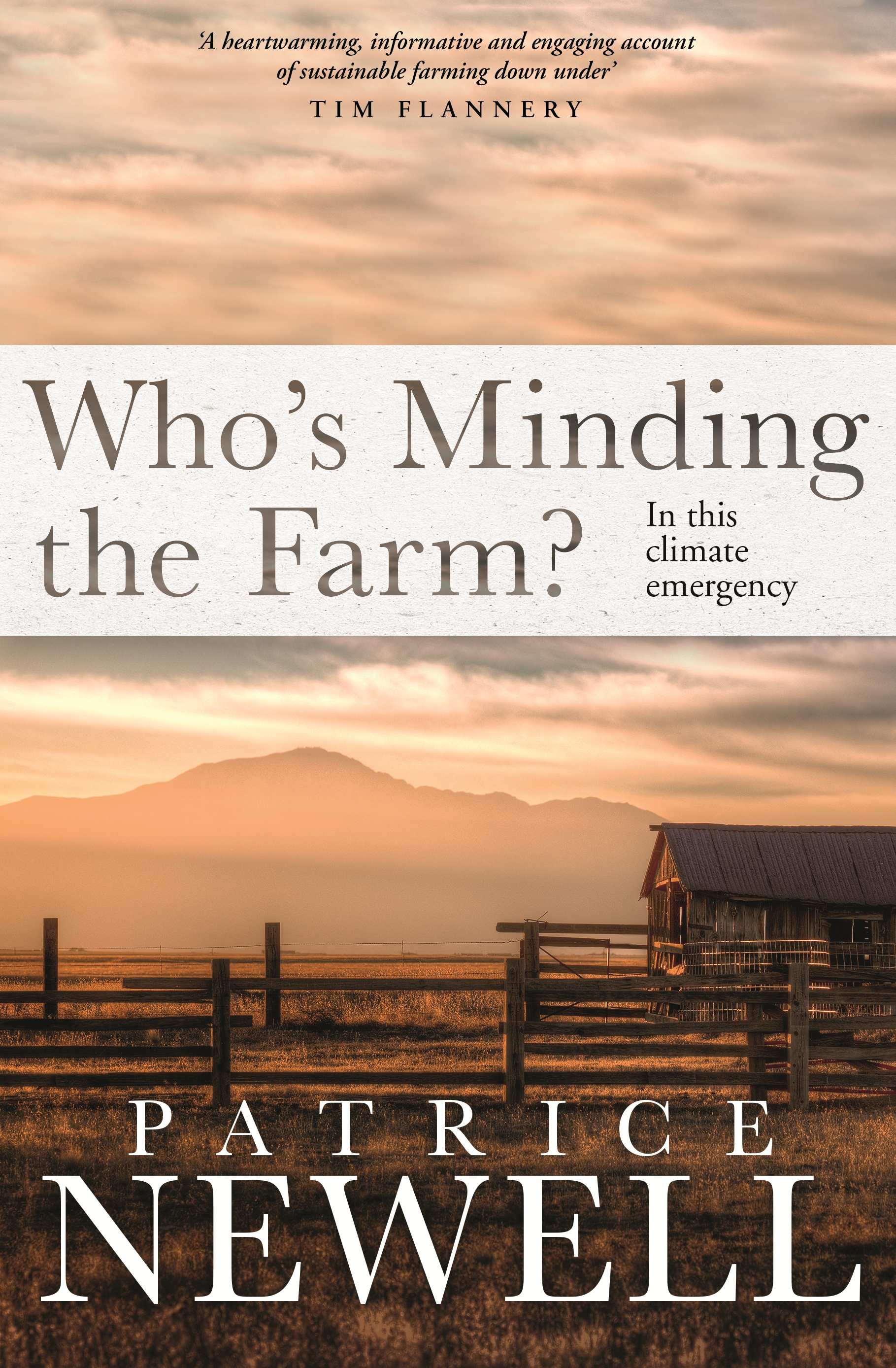 We cannot currently survive in this world without agriculture–our food needs are dependent on farmers, but we all know that our food system must change quickly, if humans (and other creatures) are to survive as a race. As both scientist and farmer, Patrice Newell understands this conundrum all too well.
We cannot currently survive in this world without agriculture–our food needs are dependent on farmers, but we all know that our food system must change quickly, if humans (and other creatures) are to survive as a race. As both scientist and farmer, Patrice Newell understands this conundrum all too well.